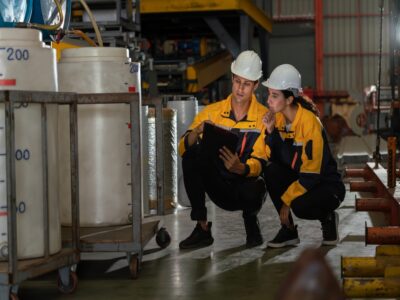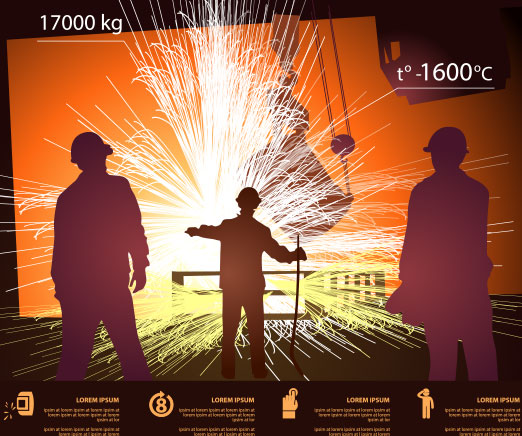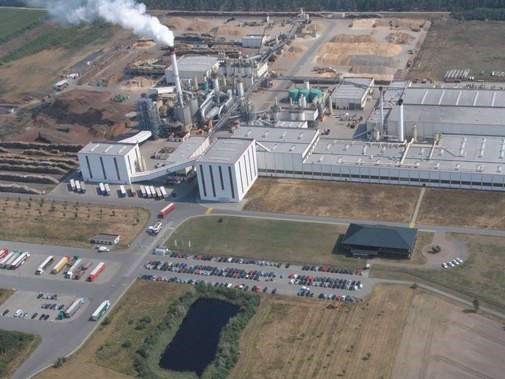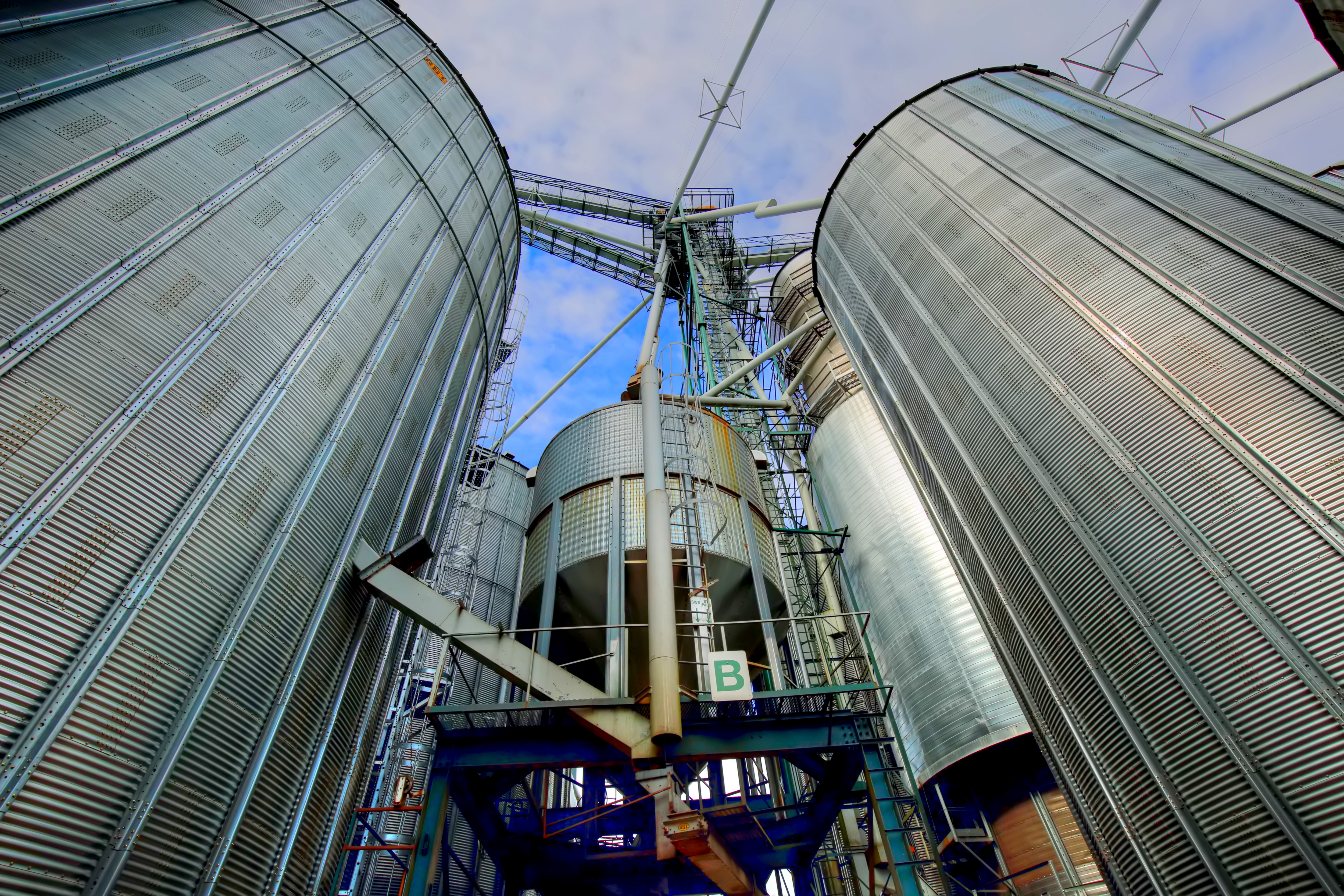Search
Magnesium Dust Explosion in Detroit
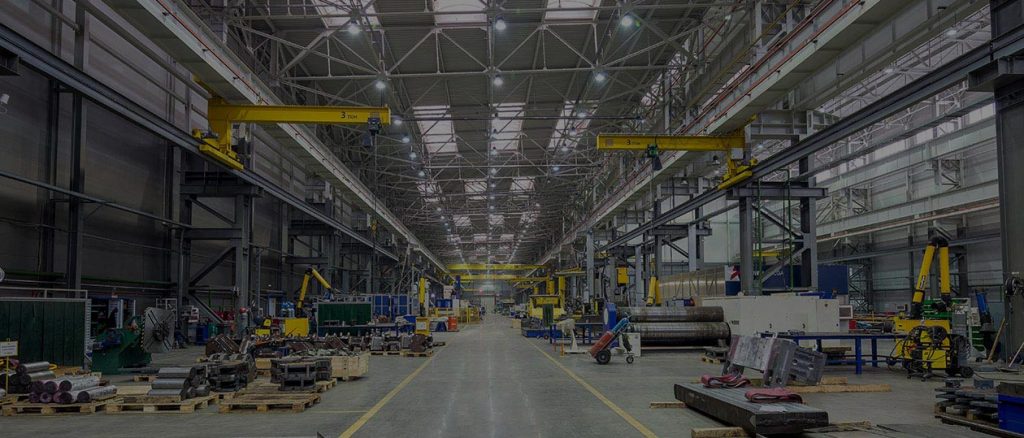
July 2017
Chemical Fire Fought with Sand, Rock Salt on Detroit’s East Side
Stonehouse Process Safety commentary: There are a number of reasons why metal dust explosions are particularly hazardous. Firstly, dust cloud explosion temperatures and pressures for most organic materials are limited to about 2,300oC and 9 barg respectively. In contrast, explosion temperatures and pressures for most metals can reach around 3,500oC and 12 barg, and some metals such as magnesium can react with the nitrogen in the air, generating even higher values. Secondly, metal powders, particularly Aluminum, Magnesium, Chromium, Titanium, Thorium, Iron, Tantalum, Zinc react with water and generate hydrogen gas. Hydrogen gas is very easily ignitable over a very wide concentration range. And thirdly, “fresh metal surfaces could even be pyrophoric.
Explosion prevention and protection measures are important when processing/ handling mental powders. Fires are generally smothered to extinguish since water cannot be used.
The following text is an extract from The Detroit News of July 25th, 2017 by JAME DAVID DICKSON It has been redacted to remove company names.
“It started with a “minor explosion,” and ended with firefighters and plant employees working “hand-in-hand”
On Tuesday morning, the Detroit Fire Department fought fire with dry sand and rock salt at a plant on the city’s east side.
It all started with a “minor explosion in a machine that processes magnesium at a metal processing plant on the 19300 blocks of Filer. This was at about 5:10 a.m., said Dave Fornell, deputy commissioner of the Detroit Fire Department. That’s north of East Seven Mile, and just east of Mount Elliott.
Of the three buildings on site, the explosion took place in a building where the company processes magnesium.
When firefighters arrived, the fire had spread to two storage bins, Fornell said.
“Magnesium, when it ignites, it burns with a white-hot heat, and you can’t use water to put it out, Fornell said. “The water turns to steam and causes minor explosions, which spreads the material.
There was also titanium involved.
Such a fire can’t be extinguished with water, Fornell said; it must be smothered with dry sand. In this case, dry sand and rock salt. And unlike at most of the blazes the department fights, this time workers at the site “worked hand-in-hand with firefighters over the next hour. The sand and rock salt were already on site.
“They knew what they were doing, Fornell said of the employees. “These people deal with this every day. They’re trained; it’s their job. They’ve got the equipment, they’ve got the expertise, they know what valves to turn on and off.
As for the building itself, it’s “pretty well-intact after the explosion, Fornell said. “There’s no damage to the structure. No one was hurt.

Get in touch
To learn more about our expertise and services in dust explosion prevention & mitigation, call us at +1 609 455 0001 or email us at [email protected] today.
We also offer tailored virtual and in-company process safety training programs on Dust Explosions, Static Electricity and HAC (Hazardous Area Classification) and more. Find further information here.
We use cookies to help us enhance your experience on our website. By clicking “Accept,” you consent to our use of cookies. Read our Privacy Policy for more.


